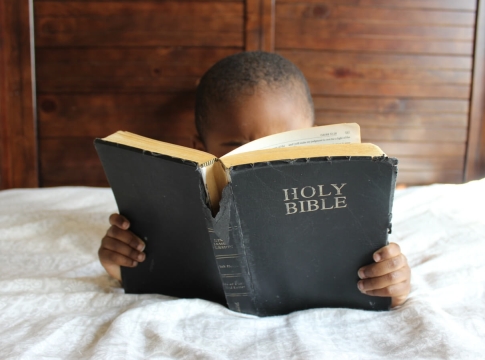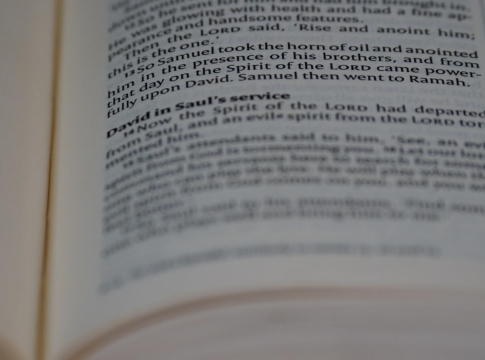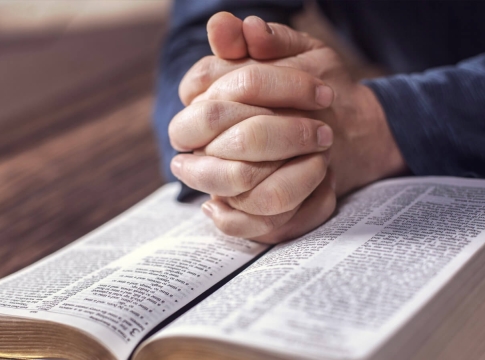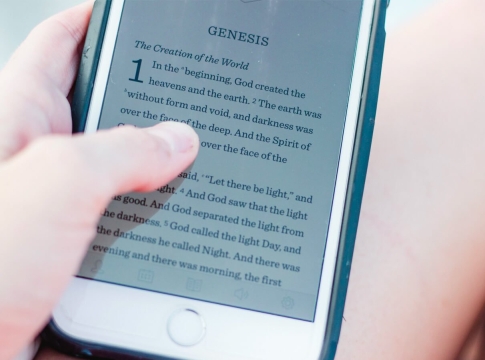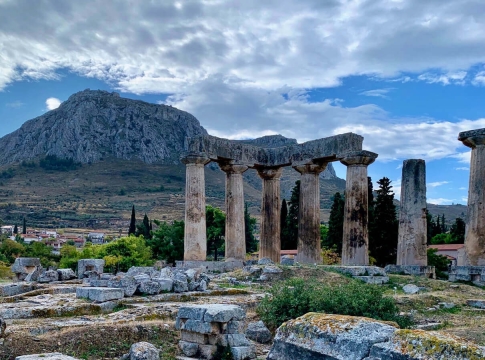
Historical background
The kingdom of Israel had divided into two after the reign of King Solomon. Typically, the kingdoms in the north and south are referred to as “Israel” and “Judah,” respectively, after their main tribes. The kingdom of Judah was home to the prophet Micah. He most likely worked for around 25 years, nearly coinciding with the careers of the prophets Isaiah and Hosea (click here for the timeline). His teachings are compiled in an epistolary volume bearing his name.
For more than five centuries, the Israelites had disobeyed the Lord. God had repeatedly forewarned them through his prophets. However, the people merely temporarily or never repented. Micah now declared that God will punish the people for their idolatry and transgressions by sending the Assyrians and then the Babylonians. These forces would [capture a great number of people] and cause havoc. However, a new future would emerge following these verdicts, and Micah intersperses glimpses of optimism with his pronouncements of judgment.
The problems that Micah addressed
- Idolatry: According to Micah 1:7 and 5:12–14, the Israelites engaged in magic and fortune-telling, as well as the worship of carved images and idols.
- Violence and exploitation of the poor and vulnerable
Although God’s laws clearly forbade exploiting the poor, this is exactly what Judah’s leaders did.
“They covet fields and seize them,
and houses, and take them away;
they oppress a man and his house,
a man and his inheritance” (Micah 2:2).
“There is no one upright among mankind;
they all lie in wait for blood,
and each hunts the other with a net.
Their hands are on what is evil, to do it well” (Micah 7:2-3). - crooked religious and political figures Prophets are to remind the people of God’s will and to convey His messages to them. However, people followed false prophets who only told them what they wanted to hear (Micah 2:11) and attempted to silence the true prophets (Micah 2:6). Not much better were the political leaders. “They who build Zion with blood and Jerusalem with iniquity, detest justice and make crooked all that is straight” (Micah 3:9–10).
- Hypocritical religious rituals
The people tended to think that God would accept their sacrifices and forgive them, no matter how they lived. They asked themselves:
“With what shall I come before the Lord, and bow myself before God on high? Shall I come before Him with burnt offerings, with calves a year old? Will the Lord be pleased with thousands of rams, with ten thousands of rivers of oil? Shall I give my firstborn for my transgression, the fruit of my body for the sin of my soul?” (Micah 6:6-7).
No, God says clearly. He won’t accept such hypocrisy! They know very well what they should do:
“He has told you, O man, what is good;
and what does the Lord require of you
but to do justice, and to love kindness,
and to walk humbly with your God?” (Micah 6:8).
And that is exactly what they had not done.
God’s coming judgments
The northern and southern kingdoms will both be destroyed, according to the prophet Micah:
I will therefore turn Samaria into a heap in the open countryside, a spot where grapes can be planted, and I will pour down her stones into the valley to reveal her foundations. Micah 1:6-7 states, “All her idols I will lay waste, all her wages I will burn with fire, and all her carved images shall be beaten to pieces.”
The people will be taken into captivity in addition to this destruction:
“For the children of your delight, make yourselves bald and cut off your hair; make yourselves as bald as the eagle, for they shall go into exile from you” (Micah 1:16).
Judgements tailored to the corrupt prophets and leaders will come. Because of the evil that they have done, God will turn his face away from them (Micah 3:4). According to Micah 3:6, “the prophets shall face the setting sun and the day shall be dark over them.”
Hope for the future
Nonetheless, there is a great deal of hope for the future. God will bring about restoration rather than abandon his people permanently. Micah uses rich imagery to explain His future. The remaining Israelites will be gathered by God in a manner similar to how a shepherd gathers his sheep. And their King shall be none other than God. The people will live in justice and harmony throughout his rule. Other countries will also seek the Lord (see, for example, Micah 4:1–4).
Micah goes on to explain that Israel’s Ruler will be born in Bethlehem and will vanquish Israel’s adversaries in a later chapter. Matthew 2:6 quotes these scriptures and applies them to Jesus Christ. Therefore, as a ray of hope amid harsh judgments, God previously [revealed some aspects about his birth] years before Jesus was really born. While some of these prophesies have already come to pass, others are still to be realized.
The foundation for Micah’s hope
The behavior of people is not the source of this hope. It is entirely based on the nature of God and the covenantal promises:
“Who is a God like You, forgiving sin and overlooking transgression in order to preserve the remainder of His inheritance? Because He enjoys unwavering love, He does not hold onto His wrath for very long. He will again feel pity for us and bear the consequences of our transgressions. All of our sins will be thrown into the ocean by you. As You have promised to our forebears from ancient times, You will be faithful to Jacob and steadfastly love Abraham (Micah 7:18–20).
Some lessons for us
Even though Micah’s prophecies were addressed to the Israelites in the eighth century BC, they nevertheless have relevance today:
- God [forbids] the exploitation and violence against the weak and impoverished. That was made very evident by the instructions and rules God gave Israel on Mount Sinai, and it is further emphasized by the harsh punishments meted out to those who disobey these commandments. Without a doubt, this issue is still pertinent today, both personally and globally.
- God detests duplicity. God doesn’t care about our religious ceremonies if we don’t abide by his fundamental “rules”—do justice, love compassion, and walk humbly with God. More than our outward dedication, He wants our hearts.
- Sin is judged by God. And yet He doesn’t stop being kind. He is willing to pardon us and accept us into His magnificent future if we turn from our sins and turn back to Him.
Want to learn more?
Of course, reading the book of Micah for yourself is the best thing to do if you’re interested in understanding more about it. Additionally, you could view The Bible Project’s introduction video:
